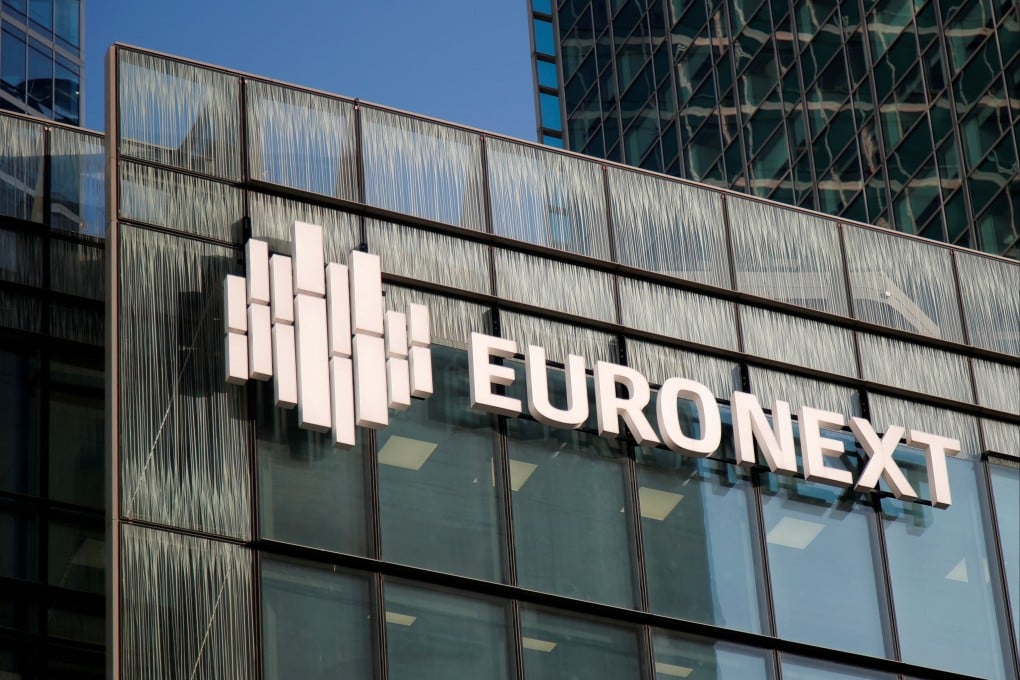Macroscope | Europe and China may be catching up, but US remains dominant force in stock markets
- A rally in European and emerging market shares is fuelling speculation that the US’ decade-long stock market dominance is drawing to an end
- But whether such a prediction comes to pass depends on how far the US dollar and global energy prices continue to fall

When it comes to global equity markets, the “America first” trade has been a smashing success. Since markets bottomed out in early 2009, following the global financial crash, the benchmark S&P 500 index has risen a staggering 502 per cent. However, the FTSE All-World ex US index – a gauge of the world’s stocks excluding US shares – has gained just 118 per cent.
The long period of American outperformance is attributable to several factors. One is the strength of the US dollar. Since the start of 2008, the dollar index – a measure of the value of the greenback against a basket of other major currencies – has surged 33 per cent.
A stronger dollar means higher debt servicing costs and tighter financial conditions for other countries. As the International Monetary Fund notes, half of all cross-border loans and international bonds are denominated in dollars. The private corporate sectors in emerging markets have particularly high levels of dollar-denominated debt.
Another key factor is the turmoil and sharp policy-induced sell-offs around the world. The euro-zone debt crisis in 2011-12, the popping of China’s stock market bubble in 2015, and Beijing’s regulatory crackdowns in 2020-21 have taken a heavy toll on sentiment towards Europe and developing economies.
Moreover, the US has benefited hugely from its technology-heavy equity markets. The weighting of the world’s tech giants – Amazon, Apple, Alphabet, Microsoft and Meta Platforms – in the S&P 500 reached a record high of 24 per cent in September 2020, powering a rally that was turbocharged by the Covid-19 pandemic.
